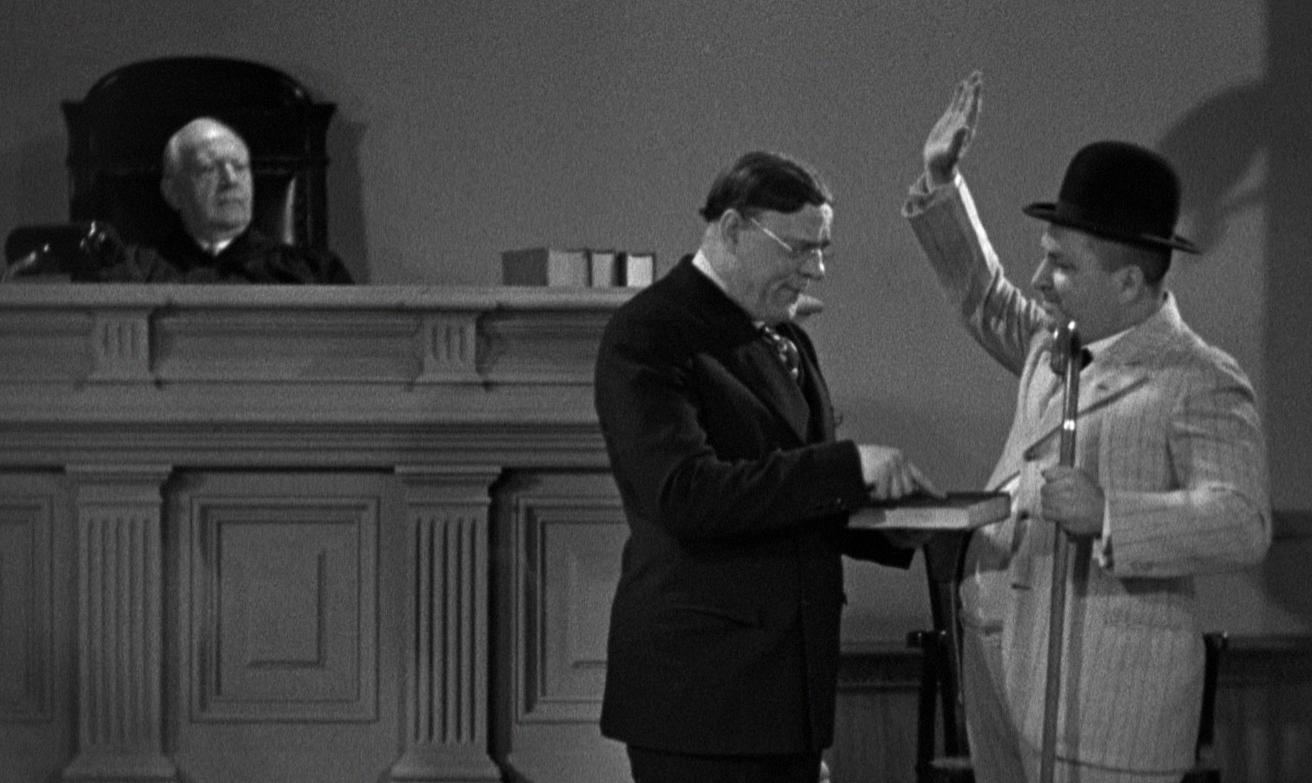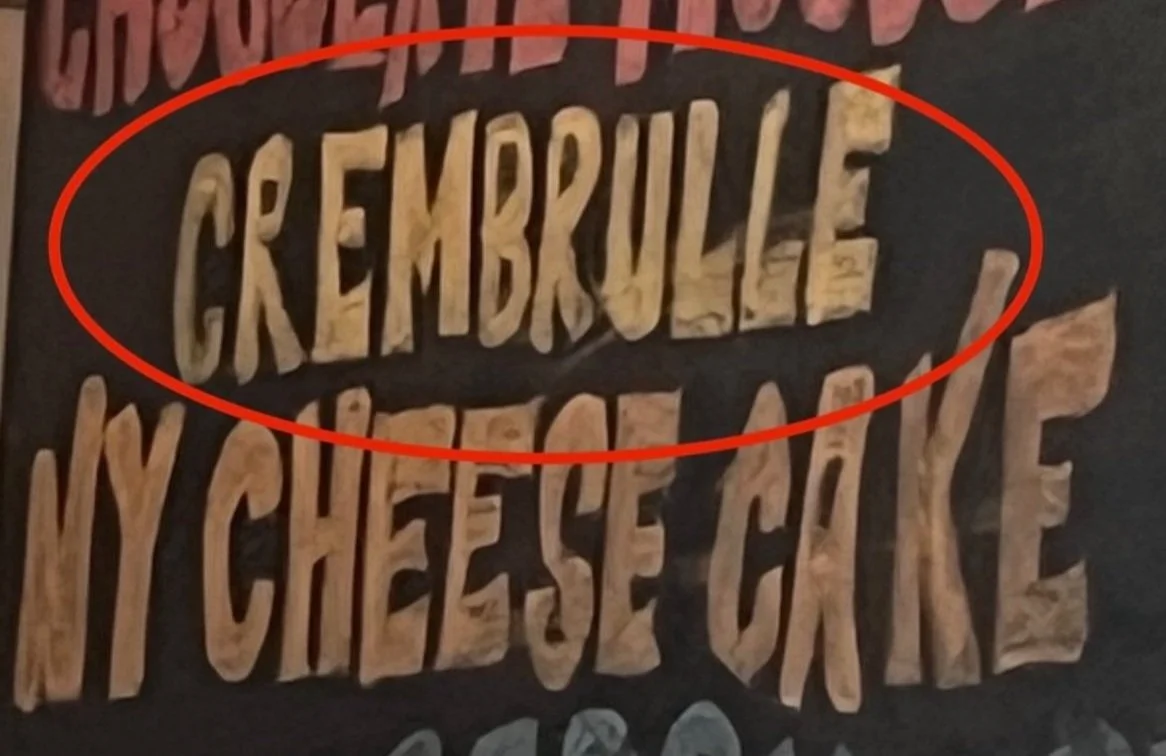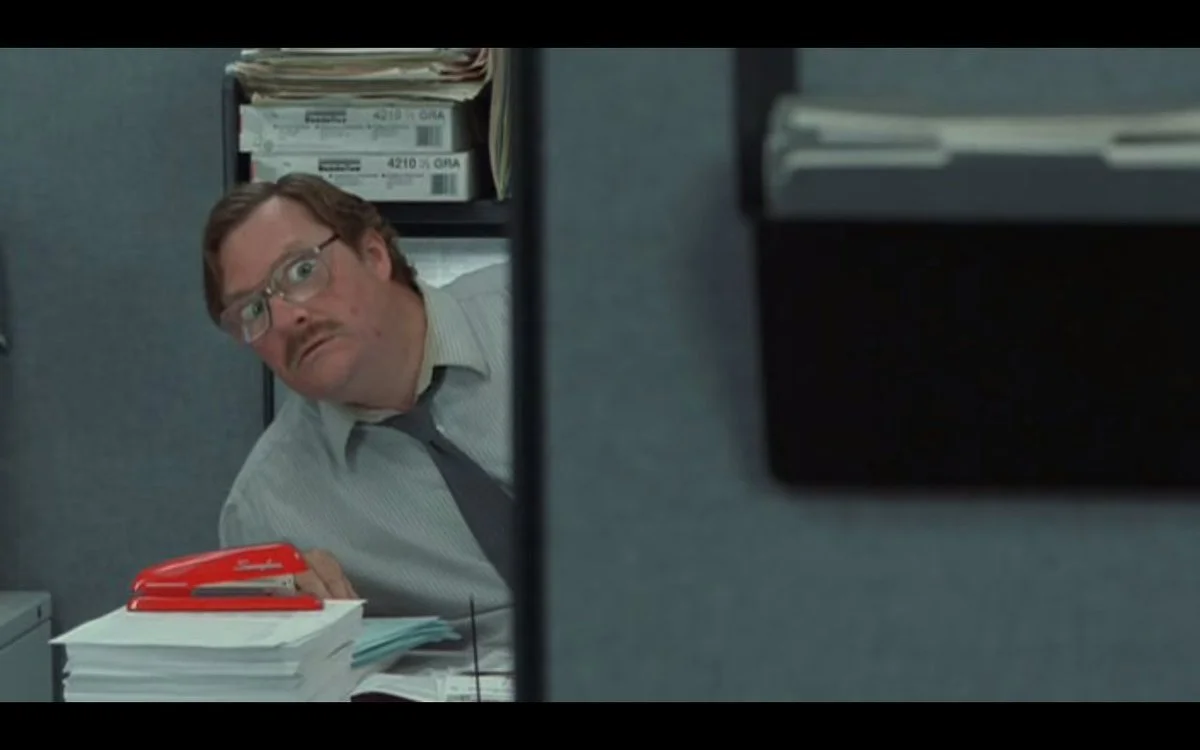Something Went Horribly Wrong!
Looking for something specific on the blog?
Photo by Joshua Hoehne on Unsplash
By Eliot Kleinberg
With Lou Ann Frala
A blog about better writing
Segment 59: A Second Set of Eyes
medium.com
Over the history of "Horribly Wrong," we've called out people for their embarrassing mistakes. Many of those goofs should have been obvious to the writer. But our readers remind us that even "Horribly" has a Rules Committee to catch its brain freezes and to make grammatical judgment calls. Eliot has recounted the many times over his three-plus decades as a reporter at the Palm Beach Post when Lou Ann, on the copy desk, pretty much saved his career.
Some companies and government entities can afford professional proofreaders. But smaller firms, and individuals, don't have that luxury.
That does not mean you can't get help. The internet is full of freelance proofreaders who charge reasonable fees to clean up your messes. Or you could engage a local English teacher or writer — or, better, a retired one — to take a quick look, perhaps for as little as lunch or even coffee.
Sometimes printing out the piece, and walking around the room reading it, does the trick. Sometimes it’s dropping it into an email, and thus seeing it in a different place.
And surely sure there’s a psychological or even physical human trait that leads you to look over your work and decide it’s perfect, then hand it to an editor, and even as he’s editing it, you look over his shoulder and see all the things you need to change.
Eliot often joked that he should bring in to work a big Raggedy Ann doll, and after finishing a story, get up, drop it in his chair, look past it to the computer screen, and say, “Move that paragraph!”
But the best way is through a second set of eyes.
It could be your spouse or partner, or a friend. It doesn’t take a writing expert. Just someone who sees your writing from, well, a different angle.
Another good tool to have is humility. An editor’s work on your writing is not a personal attack! Eliot begged for editing. Because he knew it would make his story better.
When Eliot worked on edits for Black Cloud, his book on the great 1928 Florida hurricane, he spent an hour on the phone with a copy editor. (This was 2003, before we did everything on the internet.) She was meticulous, pointing out not just grammatical errors or passive writing but also places where moving a paragraph made a big difference.
Naturally, at the end of the session, the chapter in question was terrific. As writers say, it sang.
The editor said, “Umm, I hope all my criticism didn’t offend you.”
Eliot told her: “Look. Some of the people with whom you work are prima donna authors. I’m a newspaper guy. We can’t afford onion skin. Every day we write something we think will cause a reader to fall to her knees at the kitchen table and weep. And we hand it to an editor who says, ‘I have only so many minutes left in my life, and I had to spend some of them on this.’"
Watch this on video: https://youtu.be/MkWtPCuGaQU
Next time: The worst of the worst.
Readers: "Something Went Horribly Wrong," features samples of bad writing we see nearly every day. You can participate! Be our duly deputized “grammar police:” Your motto: “To protect and correct.” Send in your photos of store signs, street signs, newspaper headlines, tweets, and so on. It doesn’t have to be a grammatical error. It can be just what we call “cowardly writing.” Include your name and home town so we properly can credit you. You're free to add a comment, although we reserve the right to edit or omit. Now get out there! Send to Eliot@eliotkleinberg.com
Haven’t signed up for our newsletter yet? Do it now! And tell your friends!
NOTE: Eliot and Lou Ann are available for speaking engagements, and can travel. Reach us through the comments section. Just think of all of your employees getting back to work on a Monday, their heads filled with all the ways we’ve shown them to be better communicators!
































